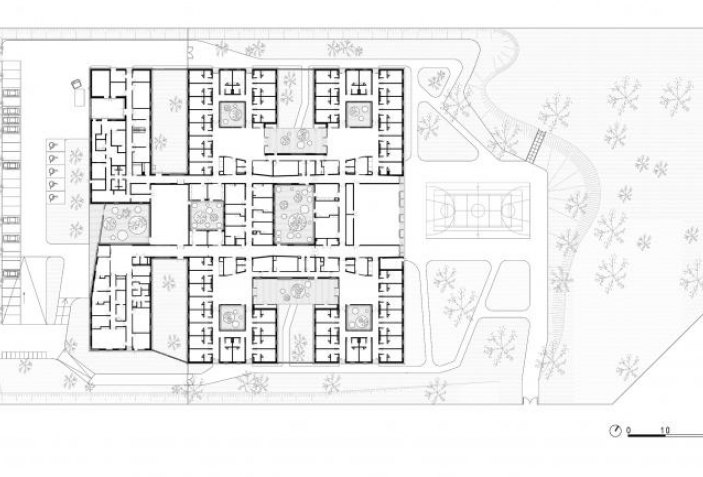There are many different sources of medical care for disabled individuals: Medicaid is usually available to you whether you have a physical disability or if you can prove that you are low-income. For most people, however this is often the only source of medical treatment. Medicare, on other hand, only offers major medical coverage to older people. There are many other options for those who are not covered by these benefits. What are some of these options? What medical conditions are covered under Medicare or Medicaid?
The Limitations of Seniors With Disabilities Receiving Healthcare
In order to be properly treated by Medicare and Medicaid, an individual must meet certain criteria. They must be eligible for Social Security payments and between 65 and 69 years old. They must also be suffering from a severe medical Narre Warren NDIS and require immediate medical attention. Some other conditions that fall outside this category are mental illness and certain drug/alcohol abuse. It is important to realize that even if a person meets the basic eligibility requirements, he or she may not be eligible for Medicare coverage.
The Limitations of Seniors With Disabilities Receiving Healthcare
The next type of medical care for disabled individuals available through Medicaid or Medicare is in-home care. There are two types home health care options: skilled nursing, also known as custodial or adult-day care, and long term care facilities. Skilled nursing care is provided by licensed professionals who are disability support services in providing nursing care under the supervision of a physician. These professionals are not allowed to administer any medication unless they are prescribed by a doctor. Long-term facilities typically combine in-home with hospital care. The benefits plan for long-term facilities is generally more comprehensive than the one for skilled nursing facilities.
- When looking for the right care for your loved one with disabilities, another important aspect to consider is whether they have any existing limitations. This includes any prescription medications they are currently on, any medical conditions they have, and any other conditions that could affect their ability to live a normal lifestyle. A few persons are born with physical disabilities that make it impossible for them to engage in any activity involving movement. Such persons may require physical assistance to go to the bathroom, to rise from a sitting or resting position, and to feed themselves. These people may also require daily immunizations. Sometimes, they may even need them for their whole life.
As we mentioned above, it is essential to find out if the person is receiving Medicaid or Medicare. It is crucial that individuals who are on Medicaid are informed about the benefits they are entitled to. There are many people who are confused about what the difference is between Medicare and Medicaid. But once they have an understanding of the differences they can begin to understand how these programs will affect their lives and how they will be capable of providing for their own healthcare needs. A supplemental insurance policy can be purchased for disabled people who are not covered by Medicare or Medicaid. Supplemental insurance policies cover the most common conditions that are related to injury and illness.
Apart from looking at the coverage offered by both programs, disabled people should also look at the limitations on medical care for disabled persons. These limitations can be quite serious, unfortunately. Limitations include a lower daily functional level than what is normal for someone their age and with the same physical condition.
Hospitalization caps can also be a problem. Most hospitals have a cap that limits the number of days in which a patient can be admitted. Some restrictions are placed upon patients to ensure they are not in an unfavorable situation, while others are necessary to protect the hospital. Although many disabled persons have been able to overcome these limitations through different means, it is important to keep in mind that even a minor accident can place them in an environment that can severely limit their ability to recover.
The greatest limitation for disabled people who receive Medicaid health services is the fact that Medicaid doesn’t provide the same types of medical care benefits as private health insurance programs. These benefits include coverage of most doctor services as well as a variety other medical treatments. There are private plans that cover certain procedures and doctor visits. These physician services may not be covered by your private insurance plan. You may need to seek other medical care for your disability.








